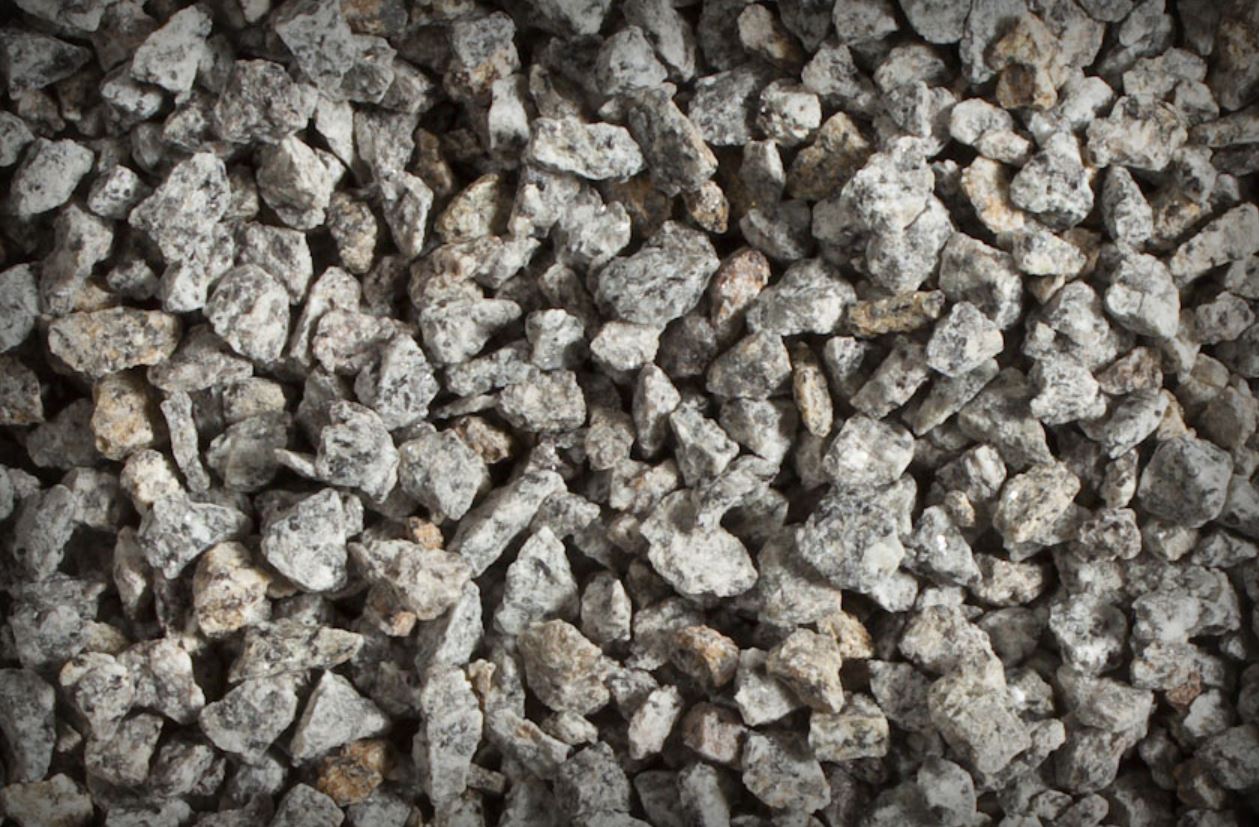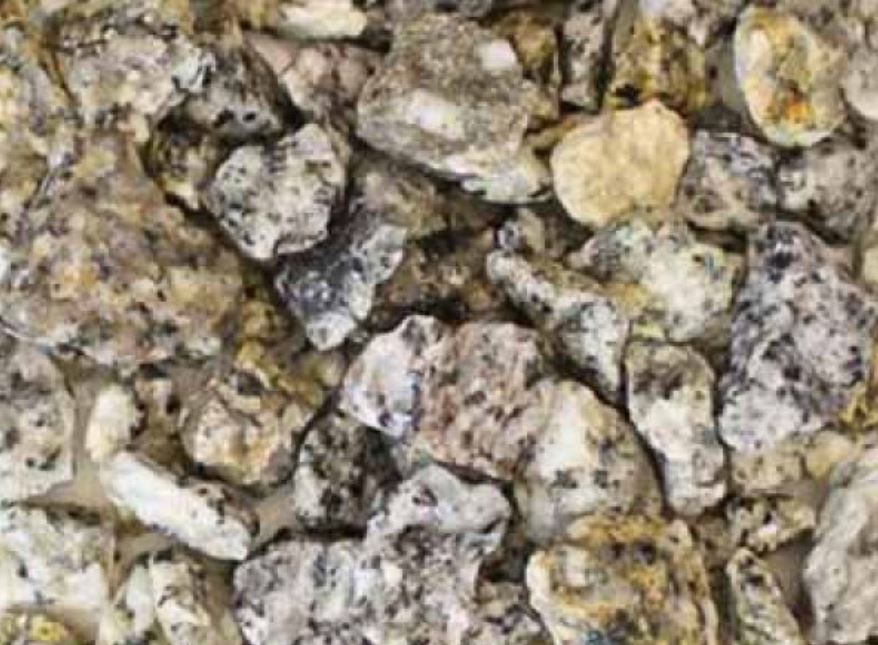
The geothermal energy potential from Cornwall’s heat-producing granite is promising, says the University of Exeter. Scientists will examine granite from Cornwall as part of a £1.8m project. The project aims to increase the UK’s use of geothermal energy.
Geothermal energy involves capturing the Earth’s internal heat to generate electricity. The term also includes using the Earth’s inner heat to heat homes and other buildings directly.
The NERC (Natual Environment Research Council) is funding the £1.8 million research project, called ‘Geothermal Power Generated from UK Granites (GWatt).’ Partners include Heriot-Watt University, the British Geological Survey, Geothermal Engineering Limited, the Computer Modelling Group, GeoScience Ltd, and the Cornwall and Isles of Scilly Local Enterprise Partnership.
Geothermal energy potential to power 3000 homes
Drilling began in Cornwall at the £18m United Downs project near Redruth in late 2018. Engineers are hoping that there will be enough geothermal energy there to power 3000 homes.
Scientists from Exeter’s Camborne School of Mines will participate in a new project. They hope it will give South West England the knowledge it requires to harness the heat beneath its surface. In other words, to harness geothermal energy.
Geothermal energy is a priority area of research for the British Geological Survey (BGS) and NERC. It forms part of their quest to decarbonise the energy system.
Geothermal energy potential – comment by Dr. Robin Shail
Dr Robin Shail, a Senior Lecturer in Geology and Undergraduate Admissions Tutor at the Camborne School of Mines (CSM), said:
“One of the aspects that the CSM team will be addressing is how the geological history of fault systems across south west England has influenced their ability to allow the flow of geothermal fluids at depth.”
“Together with colleagues, Chris Yeomans and Dr Matt Eyre, we’ll be mapping some of the larger fault systems, where they pass through the predicted hotter parts of the granites, in order to identify some of the potentially prospective areas for future deep geothermal.”
“It’s exciting to be involved in such an exciting and important project and allows us to build on the recent research we’ve undertaken on granites and fault systems throughout the region.”
Geothermal energy is carbon-free
Geochemist Dr. Chris Rochelle, GWatt Project Leader, said:
“Geothermally-generated electricity is a carbon-free, renewable source that is available all the time, unlike wind and solar. Knowledge gained from GWatt could help switch on investment in this abundant source of renewable energy by reducing uncertainty around the geology, and demonstrating to investors that these systems are worth funding.”
“The granites of South West England have the highest subsurface heat flow of any rocks in the UK, which leads to the highest temperatures at depth. We will be working with the United Downs Deep Geothermal Power (UDDGP) project in Cornwall, which will give us access to unique sets of new data from depths of up to 4.5 km.”
“We will be carrying out innovative tests and analyses that will prove the potential for geothermal not just on that site, but across other granites in SW England and the wider UK.”
SW England has significant geothermal energy potential
UDDPG (United Downs Deep Geothermal Power) Project Manager, Peter Ledingham, said:
“It has been known for decades that the heat-producing granites of SW England represent a significant untapped geothermal resource. The wells drilled at UDDGP will be almost twice as deep as any drilled in Cornwall before and will test the concept of developing geothermal systems within a natural fault structure.”
“The success of this, and future, projects will depend on understanding the mechanical, hydraulic and geochemical characteristics of the target structures and work carried out under the GWatt programme should contribute significantly to that understanding.”
Video – Renewable Energy
Geothermal energy is renewable energy. Renewable energy is energy whose source never runs out, it is everlasting (on a human timescale).

